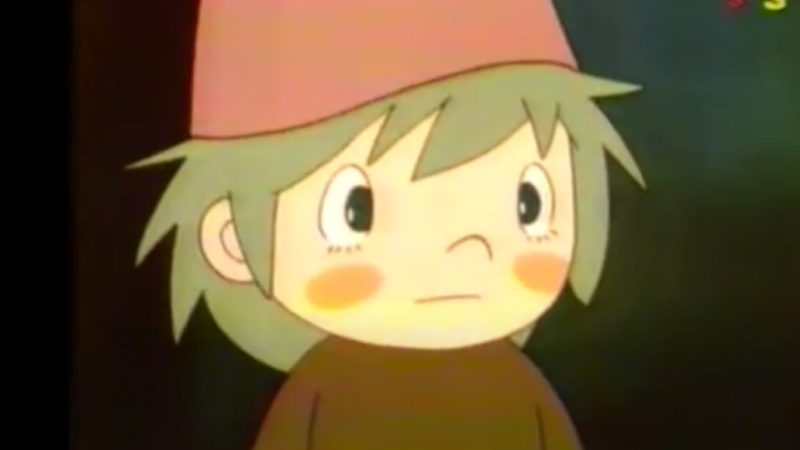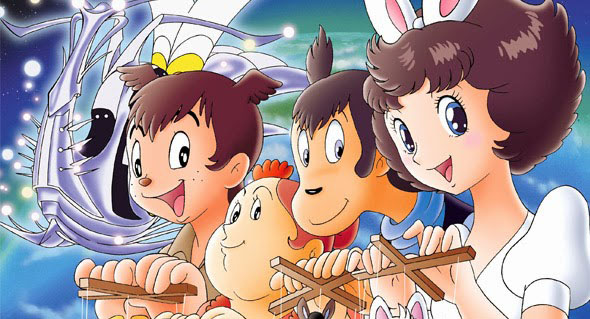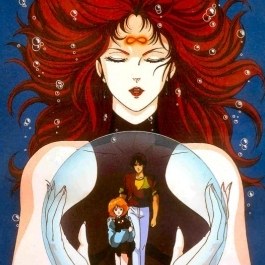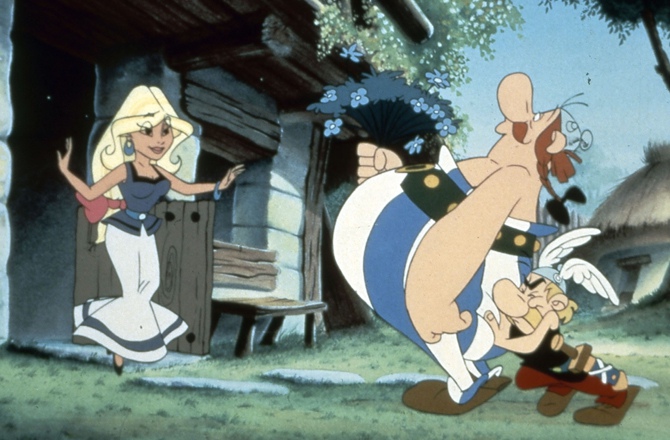Oscar-winning producer Nicolas Schmerkin explains how to build relationships with directors
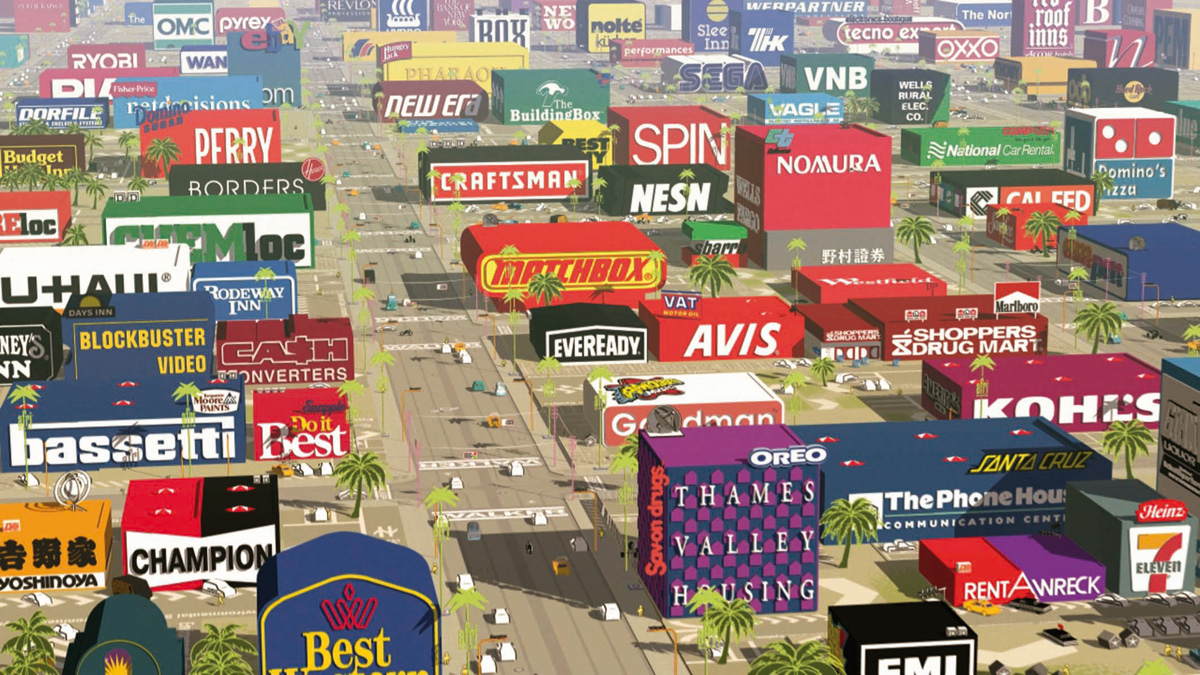
After the panel discussion, I wanted to find out more. We continued to talk about what a producer needs to build a successful working relationship with a director. The following seven insights are drawn from our email correspondence and interspersed with the comments he made in Montreal. They have been translated from French.
1. When you know a director, get drunk together.
Schmerkin: To produce a director, you need to appreciate them, as well as their work. These are necessary and sufficient conditions for starting to speak. I want to work with talented people who can also bring something human into the relationship. Usually, I am interested in a director when I fall in love with their film (at a festival or, more rarely, online). Since we are also distributors, another stepping stone for a director's production is to distribute one of their existing films.
2. Every director is different.
Schmerkin: Not only that, each production with a director is also different. So you need to know how to adapt to each personality and each project. Some directors do not want direct interference from the producer or anyone else, while others require collaboration. Some want regular feedback, others prefer to work alone and only show you things when they're done. When there are several co-editors, they sometimes exchange doubts, comments and feedback between them first and present things to the producer once they are already well thought out.
In any case, I continue to stimulate them as long as I still have things to say and have not tried to the last way to convince them of my opinions. After that, it's up to them what they do with my comments.
3. As a producer, you can have creative inputs.
Schmerkin: When I feel I can bring something, drawing on my intuition and experience (I wrote and edited films before going into production), I recommend it to the director, who can accept it or not. If they don't want me involved, I respect that. But if I made a suggestion, it is because I feel that some things need to change - so I would propose to bring on board an external writer or editor, someone neutral. Cinema is a team sport and animation even more so. I can't work with directors who believe they're right about everything and don't listen to anyone.
4. A producer and director are like a couple.
Schmerkin: I see them as parents who have to give birth to a child: the film. You need to start with a shared goal and similar ways of looking at things. Along the way, you can fight; if the fights get too intense, you may split up during production, as a couple, and the producer or director will leave the project. The other will have the ultimate responsibility for completing it.
If all goes well, parents give birth to a film that they are often equally proud of and which they will defend in the world. If you enter into a paternal or maternal relationship with the director (because they want to, knowingly or not), things can be distorted and cause an unnatural birth. Film production is a partnership, not a mentoring.
5. At first, tell the director, "I'll bore you."
Schmerkin: I don't think you can do any harm by being too frank. On the other hand, it is possible to cause harm by not being frank. But you need to know how to say constructive things for the film and the director without hurting or upsetting them. Again, if you see it in terms of a couple, you need to be honest, for the greater good. [On the other hand,] in a parent-child relationship there will always be lies, rebellions, a bit of an oedipal thing.
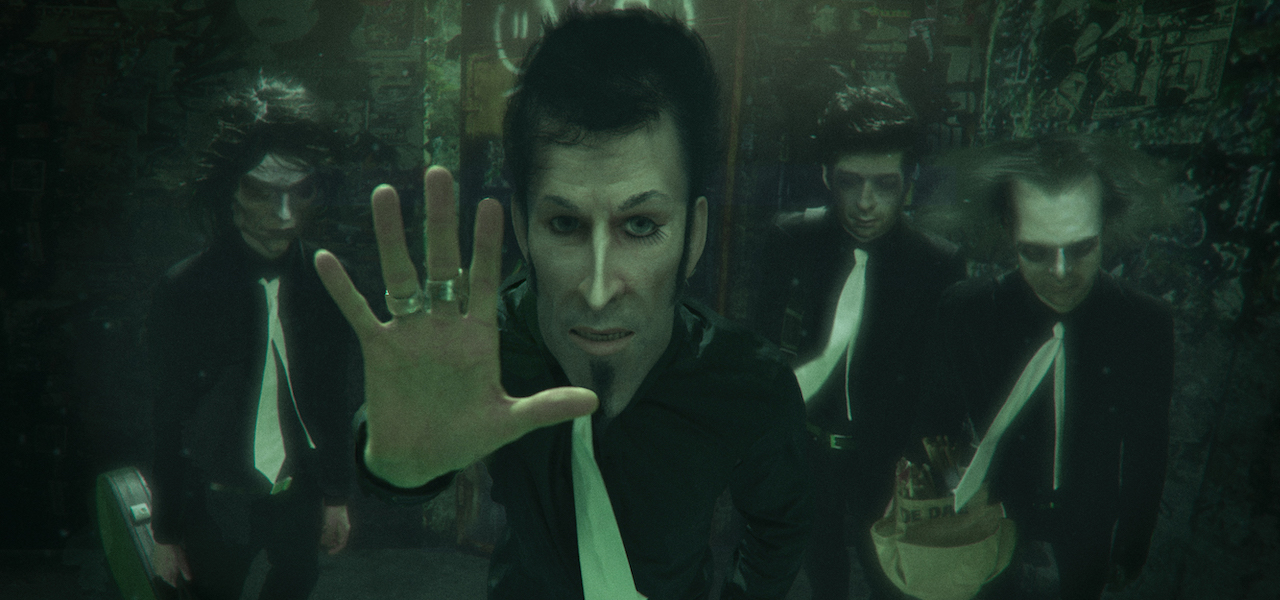


6. Don't start producing a director you're already friends with.
Schmerkin: A short film can take up to five or six years and the employment relationship during that period, with its potential conflicts, can ruin your friendship. It doesn't always happen, but when a conflict occurs during production, you risk losing both a director and a friend. Having said that, most of the directors I worked with later became friends, some of whom are very close, like Rosto.
7. A successful partnership does not guarantee another.
Schmerkin: Sometimes, you produce with a director, and it's a nice human experience that leads to a good movie, but the next project they propose to you is less convincing. At this point, you can pass by or question the director about why they want to do the project, why it needs to be done. I don't like directors who repeat themselves - I like being surprised and I suppose most viewers do too.
From time to time, I have worked with a director on a project that in a certain way they had decided to do, even if I was not completely convinced. I did this in order to stay with the director for their entire career and support them, as they needed this new film to be produced to make a living.
(Top image: "Logorama" by François Alaux, Hervé de Crécy and Ludovic Houplain, produced by Autour de Minuit, H5, Addict, Mikros Images and Arcadi.)

